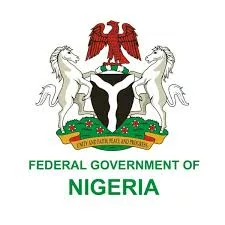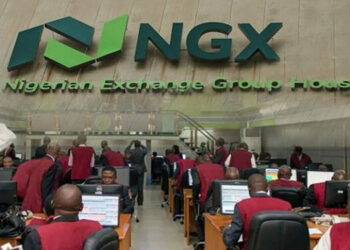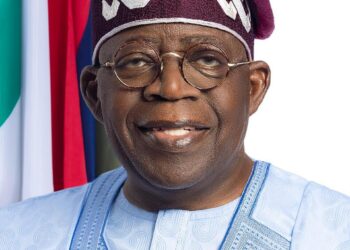In a move aimed at addressing critical sectors and boosting development, Nigeria has successfully secured a substantial $2.7 billion in loans from the World Bank under the leadership of President Bola Tinubu. However, the significant financial injection comes against the backdrop of growing concerns regarding the country’s escalating external debt servicing costs.
The approved loans, totaling four, strategically target key areas crucial for national progress. A noteworthy $750 million loan has been greenlit for the power sector, intending to fortify Nigeria’s power infrastructure. This funding is specified for the Power Sector Recovery Performance-Based Operation, with the aim of enhancing the sector’s overall performance.
Moreover, a substantial $500 million loan is allocated for women’s empowerment, reflecting the government’s commitment to advancing gender equality. The loan supports the Nigeria for Women Programme, signifying a pivotal step towards empowering women economically.
An additional $700 million loan is designated for educating adolescent girls, channeling resources into the ‘Adolescent Girls Initiative for Learning and Empowerment’ (AGILE) project. The objective is to facilitate improved educational opportunities and empowerment for adolescent girls, particularly in targeted states within Nigeria.
Lastly, a significant $750 million has been earmarked for the renewable energy sector. The Distributed Access through Renewable Energy Scale-up (DARES) project, approved on December 14, 2023, seeks to provide over 17.5 million Nigerians with enhanced access to electricity through distributed renewable energy solutions. This move aligns with the broader goal of addressing the electricity access deficit in the country.
Despite these positive strides, the World Bank’s International Debt Report for 2023 has highlighted Nigeria as the top recipient of fresh loans in 2022, with $2.9 billion released to the country. Tanzania follows closely with $2.7 billion, indicating the significance of these financial inflows.
As of September 30, 2023, data from the Debt Management Office (DMO) indicates that Nigeria’s total owed to the World Bank stands at $14.58 billion. However, concerns loom large as the country witnessed a staggering 277.64% increase in servicing its external debt during the third quarter of 2023.
The DMO attributes the decrease in external debt to the redemption of a $500 million Eurobond and the repayment of $413.859 million as the first principal installment of the $3.4 billion loan obtained from the International Monetary Fund (IMF) in 2020 during the COVID-19 pandemic. Intriguingly, there is no recorded debt service to the IMF in the external debt servicing report of Q3 2023, raising questions about the transparency of these financial transactions.
Expressing concern over the escalating debt service costs, the World Bank’s Chief Economist and Senior Vice President, Indermit Gill, emphasized the urgent need for coordinated action. Gill stressed the importance of increased transparency, better debt sustainability tools, and swifter restructuring arrangements to avert a potential crisis, stating, “The situation warrants quick and coordinated action by debtor governments, private and official creditors, and multilateral financial institutions. The alternative is another lost decade.”





